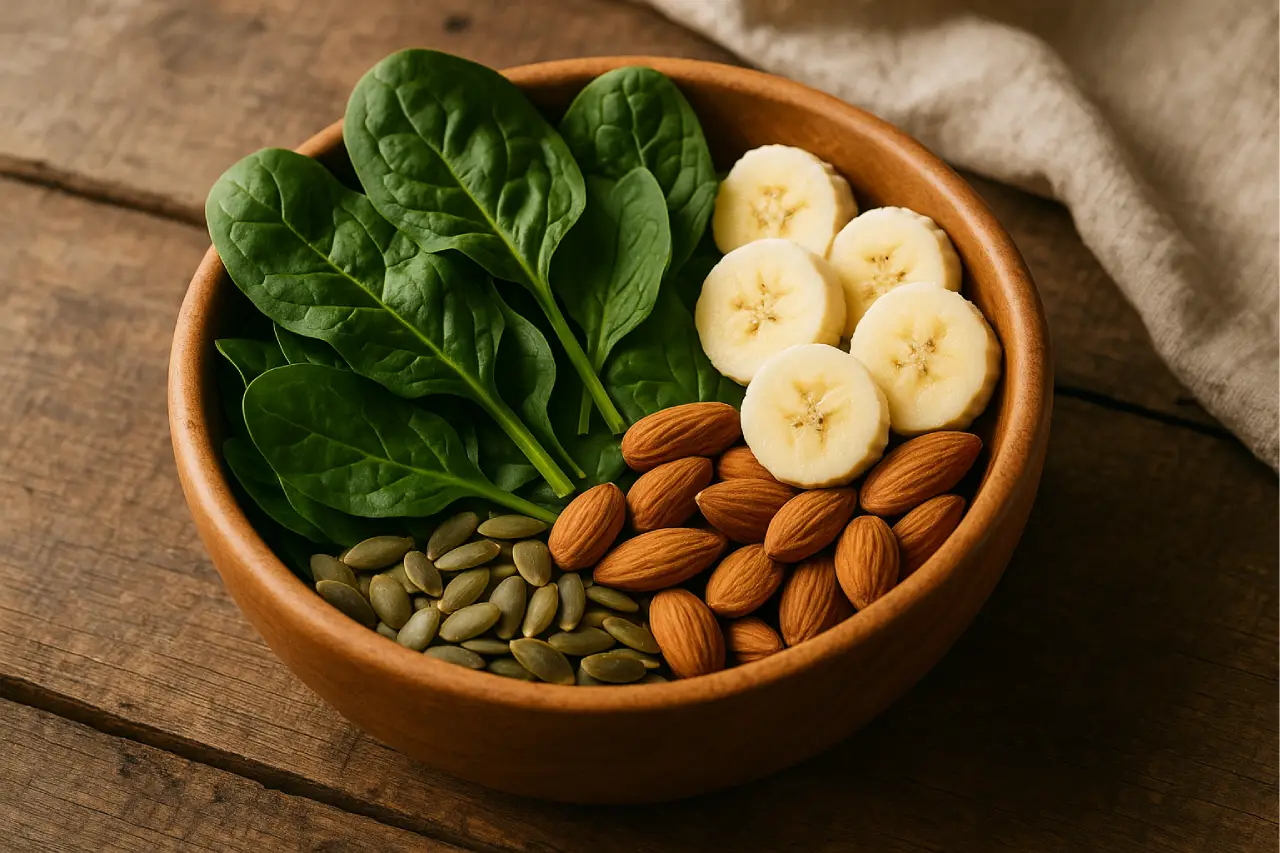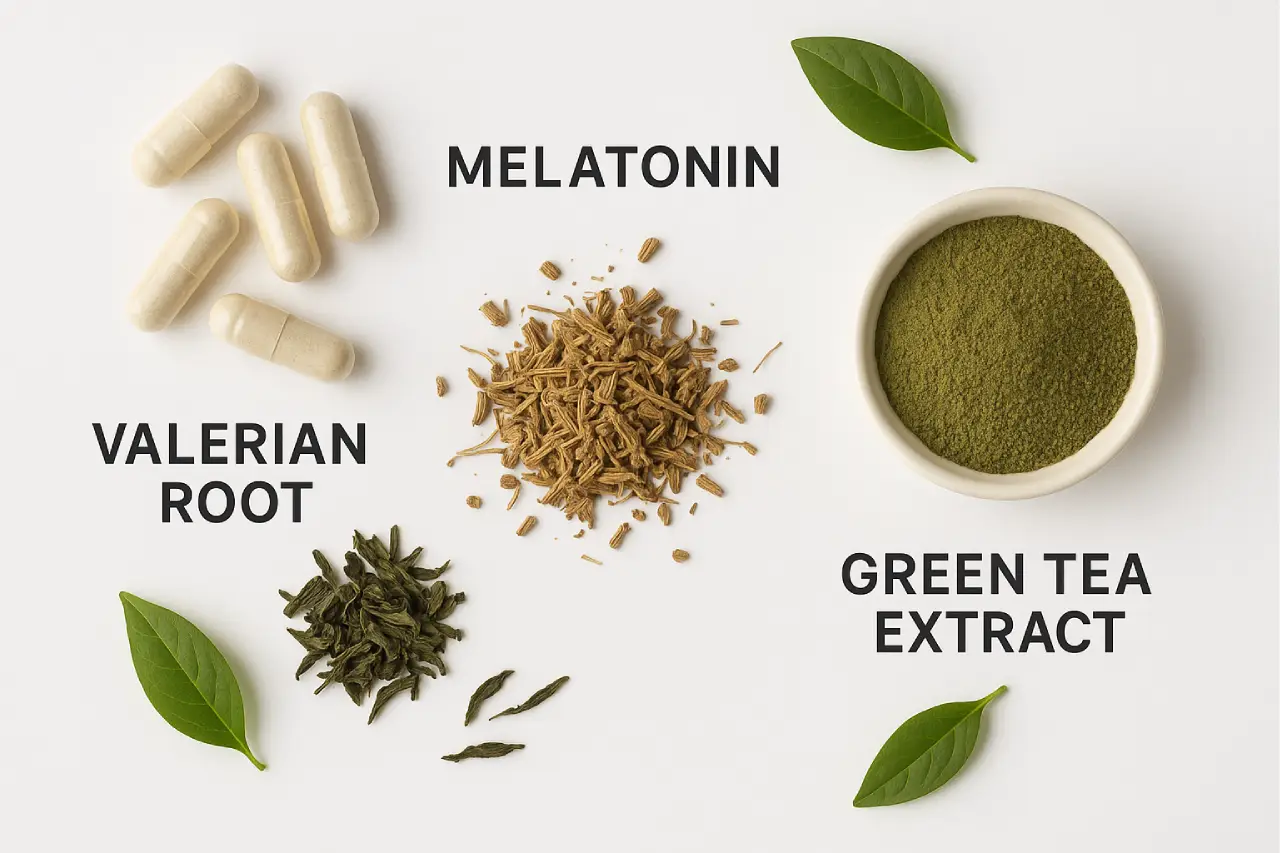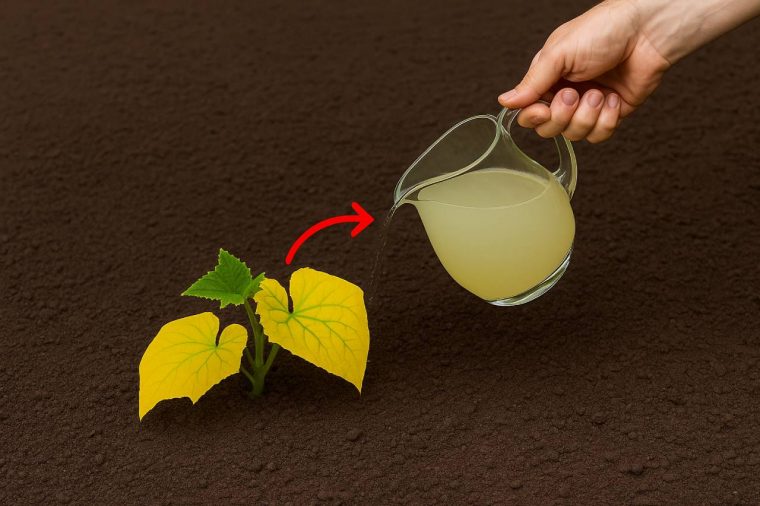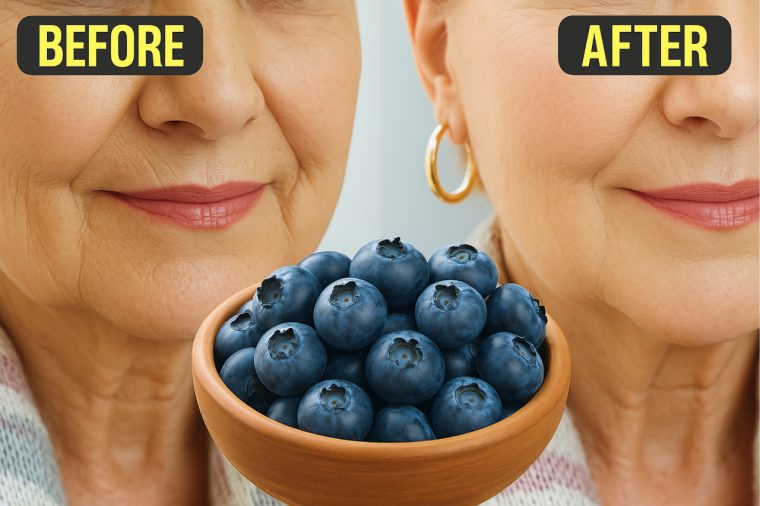10 Natural Remedies for Better Sleep & Insomnia Relief

Sleep is not a luxury—it’s a necessity. Yet, in today’s fast-paced world, millions of people suffer from insomnia, restless nights, and poor-quality sleep. Lack of rest affects not only mood but also productivity, immunity, and long-term health. The good news? There are natural, science-backed remedies that can help you sleep peacefully without relying on chemical pills.
In this article, we’ll explore 10 powerful natural solutions for improving your sleep. Each method addresses different aspects of rest, from nutrition and lifestyle changes to breathing exercises and herbal remedies. Try combining several of these approaches for the best results.
1. Magnesium: The Sleep Mineral

Magnesium is essential for over 300 functions in the human body, including muscle relaxation and nervous system regulation. Research shows that people with low magnesium levels often struggle with insomnia, restless legs, or night-time anxiety. By restoring magnesium balance, you can improve sleep quality naturally.
You can increase magnesium intake through leafy greens, nuts, seeds, and bananas. Alternatively, many people benefit from a warm magnesium drink or supplement taken an hour before bed. Unlike sleeping pills, magnesium works gently and doesn’t leave you groggy the next morning.
2. Herbal Teas for Relaxation

Herbal teas have been used for centuries to promote calmness and sleep. Chamomile contains apigenin, an antioxidant that binds to brain receptors to reduce anxiety and trigger sleep. Lavender tea helps relax both body and mind, while valerian root has been shown in studies to shorten the time it takes to fall asleep.
Drinking a warm cup of herbal tea about 30–40 minutes before bedtime can become part of a healthy sleep routine. It also creates a ritual that signals your body it’s time to rest, replacing the harmful habit of scrolling on your phone late at night.
3. Reducing Blue Light Exposure

One of the biggest modern enemies of sleep is exposure to blue light from phones, laptops, and televisions. Blue light suppresses melatonin—the hormone responsible for making you sleepy—tricking your brain into thinking it’s still daytime. This delay in melatonin production leads to insomnia and poor sleep cycles.
To fix this, reduce screen time at least one hour before bed. If avoiding screens isn’t possible, use apps that filter blue light or wear blue-light-blocking glasses. Even something as simple as dimming your bedroom lights in the evening helps prepare your body for restful sleep.
4. Creating a Bedtime Ritual

Human bodies thrive on rhythm and consistency. Going to bed and waking up at the same time daily trains your internal clock, making it easier to fall asleep naturally. Adding relaxing rituals before bed—like journaling, light stretching, or reading—sends signals to the brain that it’s time to wind down.
Over time, your brain will associate these small actions with rest. Instead of lying awake for hours, you’ll start to feel naturally sleepy once your bedtime ritual begins. This habit is one of the simplest yet most effective long-term solutions to insomnia.
5. Aromatherapy & Essential Oils

Scents have a direct connection to the brain through the limbic system, which controls emotions and relaxation. Lavender, chamomile, and sandalwood essential oils are known to promote calmness and trigger sleep. Research shows that inhaling lavender oil can increase slow-wave sleep—the deep phase of rest where the body repairs itself.
You can diffuse essential oils in your bedroom, spray a light mist on your pillow, or massage diluted oils into your skin. These natural solutions are safe, affordable, and enhance the sleep environment without any side effects.
6. Adjusting Bedroom Temperature

Your body naturally lowers its temperature before sleep, so the temperature of your bedroom has a huge impact on rest. Experts recommend keeping the room between 18–20°C (65–68°F) for optimal sleep. A room that’s too hot or too cold can interrupt deep sleep cycles.
Using breathable bedding materials like cotton or linen also helps regulate body temperature. Consider taking a warm shower before bed, as the post-shower cooling effect helps trigger your body’s sleep response.
7. Breathing & Relaxation Techniques

Stress is one of the leading causes of insomnia. Controlled breathing helps calm the nervous system and lower heart rate. The popular 4-7-8 breathing method—inhale for 4 seconds, hold for 7, exhale for 8—has been shown to help people fall asleep within minutes.
Another effective method is progressive muscle relaxation, where you tense and relax muscle groups from head to toe. Both techniques distract the mind from racing thoughts and shift the body into a state of calm.
8. Nutrition and Evening Eating Habits

What you eat and when you eat plays a big role in how well you sleep. Heavy meals close to bedtime force the digestive system to work overtime, leading to discomfort and poor rest. Spicy or greasy foods can also trigger heartburn at night.
Instead, opt for light snacks that promote melatonin production. Foods rich in tryptophan, such as turkey, nuts, and warm milk, naturally support sleep. Avoid caffeine, energy drinks, and excess sugar in the late afternoon and evening.
9. The Role of Daily Exercise

Physical activity helps regulate hormones, reduce stress, and promote restorative sleep. People who exercise regularly tend to fall asleep faster and enjoy deeper rest compared to those with a sedentary lifestyle. Activities like walking, swimming, or yoga are especially beneficial.
However, timing is important. Exercising too close to bedtime may energize the body instead of relaxing it. Ideally, aim to complete workouts at least three hours before sleep to give your body time to wind down.
10. Natural Supplements That Support Sleep

Sometimes lifestyle changes aren’t enough, and that’s where natural supplements can help. Melatonin is one of the most popular, as it helps reset circadian rhythms—perfect for shift workers or jet lag. Valerian root and passionflower are other herbal options that promote relaxation.
Another supplement gaining popularity is L-theanine, an amino acid found in green tea that promotes calmness without drowsiness. Always consult a healthcare professional before trying new supplements, especially if you’re already taking medications.
Sleep is the foundation of good health. Instead of relying on synthetic pills that only mask the problem, natural remedies address the root causes of poor sleep. By combining relaxation techniques, dietary adjustments, and consistent routines, you can retrain your body to enjoy deep, restorative rest.
Remember: good sleep is not a luxury—it’s your body’s most powerful tool for healing, focus, and vitality.




